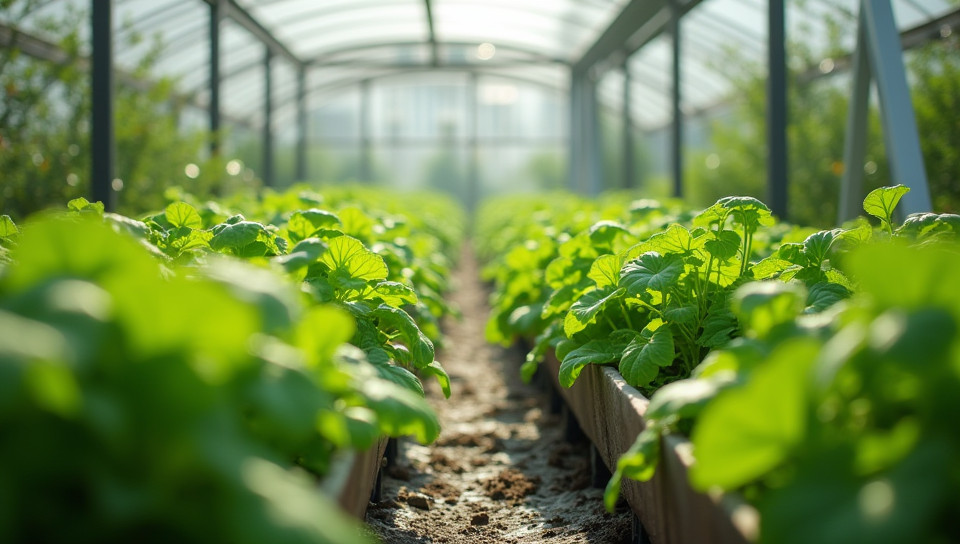Water usage decreases greatly in hydroponic systems 85%

The Future of Sustainable Farming: How Hydroponic Systems are Revolutionizing Water Usage
As the world grapples with the challenges of climate change, water scarcity, and food security, innovative farming methods are emerging as a beacon of hope. Among these solutions, hydroponic systems have gained significant attention in recent years for their potential to transform the way we grow our food. At the heart of this revolution is a groundbreaking concept: water usage decreases greatly in hydroponic systems.
What is Hydroponics?
Hydroponics is a method of growing plants without soil, using nutrient-rich solutions rather than traditional soil-based cultivation. This approach has been gaining traction worldwide, as it offers several advantages over conventional farming methods, including:
- Increased crop yields
- Water conservation
- Reduced land use
- Improved crop quality
The Science Behind Hydroponic Systems
Hydroponics relies on the principle of providing plants with precisely controlled amounts of nutrients and water. This approach allows for a significant reduction in water usage, as the nutrient solution is reused and recycled within the system. In traditional farming, water is often wasted due to runoff, evaporation, and other inefficiencies. Hydroponic systems eliminate these losses by circulating the nutrient solution through a closed-loop system.
The Benefits of Reduced Water Usage
The decrease in water usage associated with hydroponics has far-reaching implications for sustainable agriculture:
- Water conservation: With hydroponics, farmers can use up to 90% less water than traditional farming methods.
- Reduced energy consumption: Hydroponic systems often require less energy to maintain and operate.
- Increased crop yields: By providing precise control over nutrient delivery, hydroponics enables farmers to optimize plant growth and yields.
The Future of Hydroponic Systems
As the world continues to grapple with the challenges of sustainable agriculture, hydroponic systems are poised to play a crucial role in shaping the future of farming. With their ability to reduce water usage, increase crop yields, and promote efficient use of resources, hydroponics offers a compelling solution for farmers, policymakers, and consumers alike.
In conclusion, the decrease in water usage associated with hydroponic systems is a game-changer for sustainable agriculture. As we move forward into an uncertain future, embracing innovative farming methods like hydroponics will be essential for ensuring global food security while minimizing our impact on the environment.
- Created by: Samuel Jiménez
- Created at: Feb. 1, 2025, 2:43 p.m.
- ID: 19861



